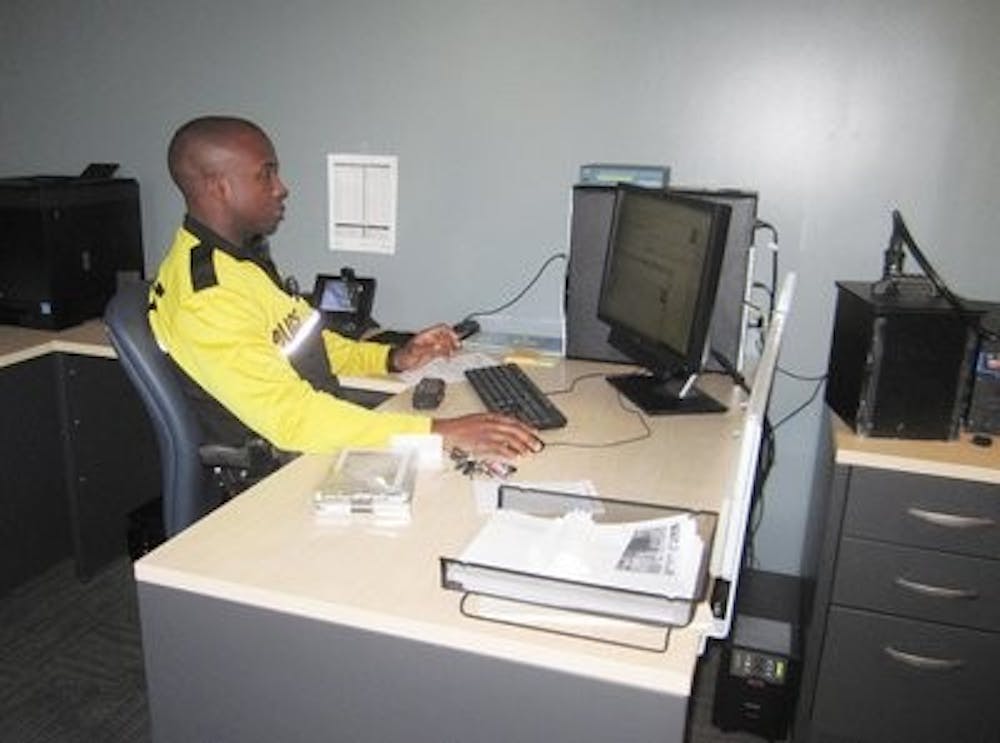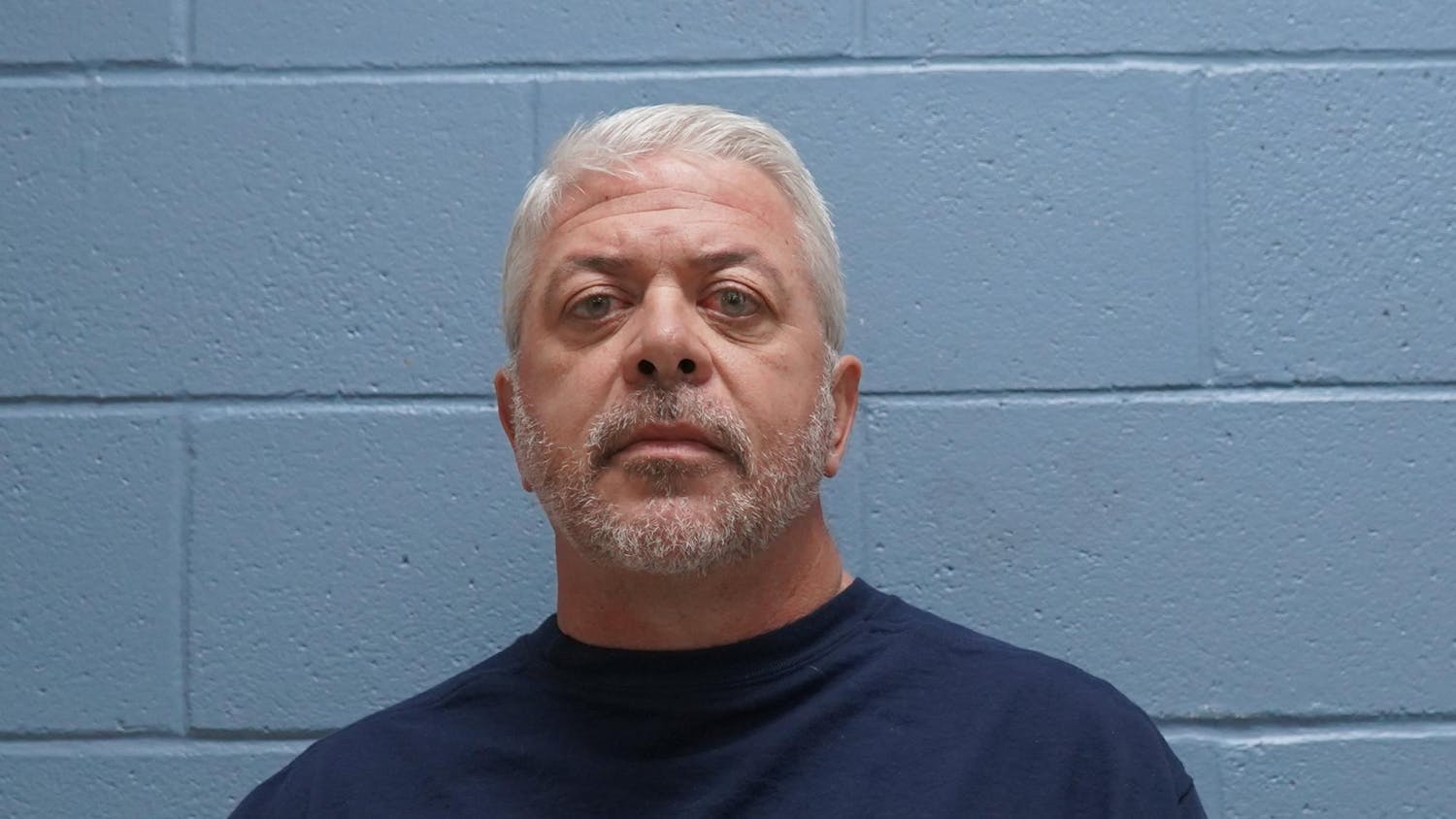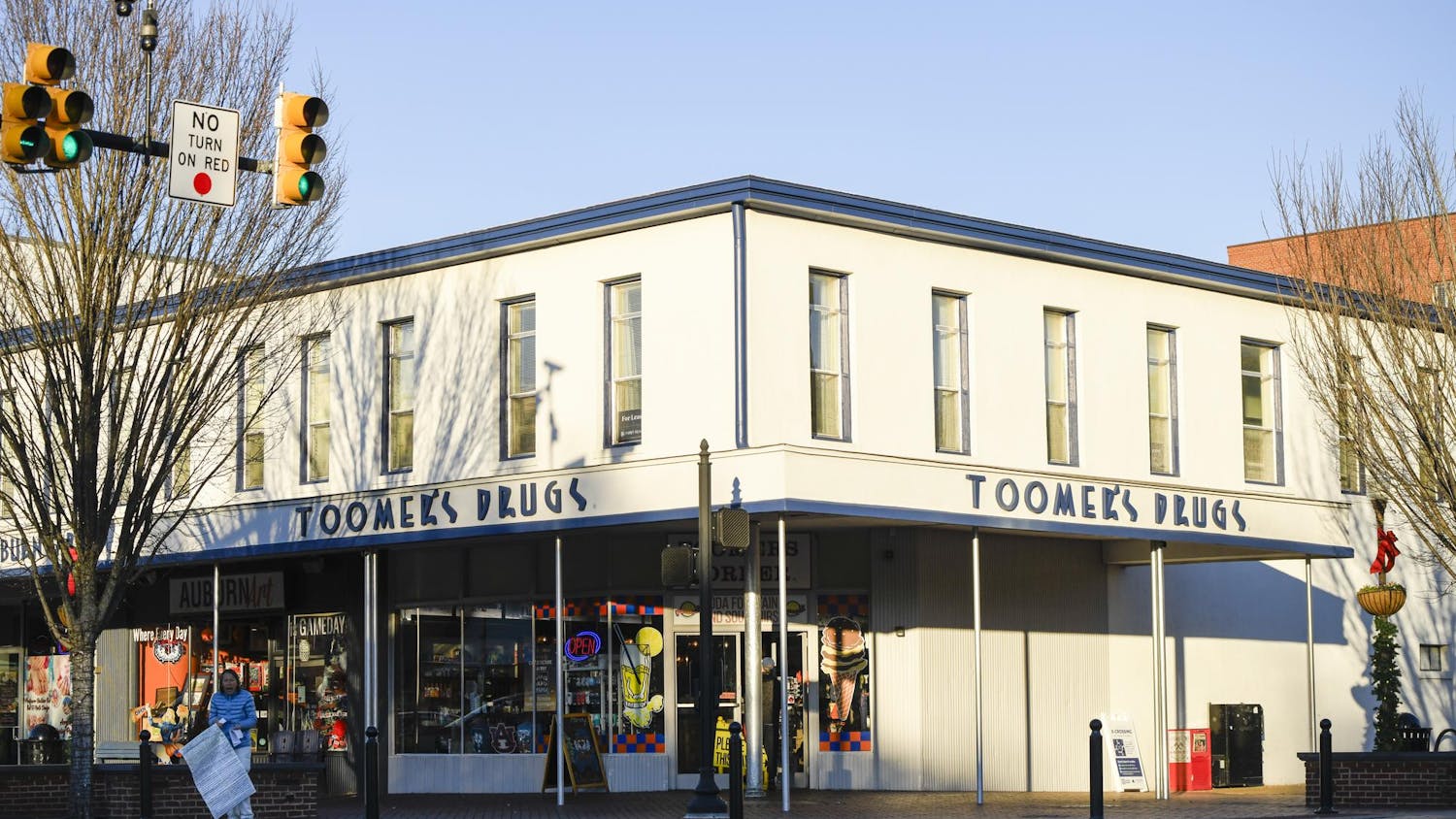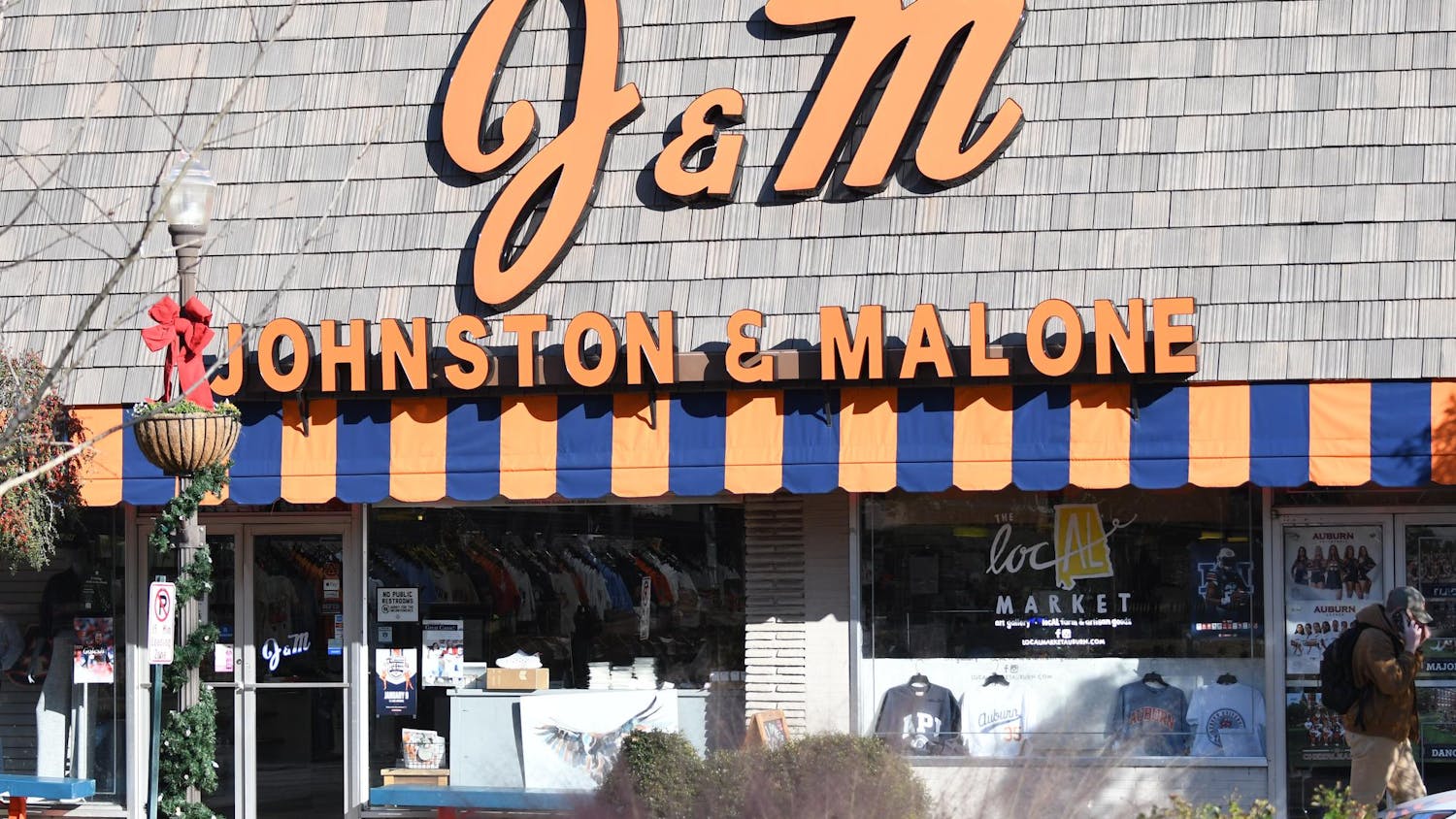In 2004, Justin Timberlake ripped off Janet Jackson's shirt, exposing her breast during the halftime show of Super Bowl XXXVIII; the United States lifted its travel-ban to Libya; Google released Gmail to the public and the American media released images of the U.S. military abusing Iraqi prisoners at Abu Ghraib.
Also in 2004, the Auburn Police Division merged with Auburn University in a contract naming the APD as the official police force of Auburn University.
That merger celebrates its 10-year anniversary in the coming months as 2014 rounds the corner.
"Here, this many years later, I think this merger works great," Auburn Police Chief Paul Register said. "We have a good relationship with the University. I think the satisfaction seems to be pretty good from the faculty."
The APD extended their police force to bike and foot officers who patrol daily.
"Just being a presence, being seen," said Antonio Fanning, an Auburn University on-campus bike officer. "Just trying to see who is all on campus, just making sure we know who is on campus and we can just make sure they're supposed to be on campus."
Fanning said patrols focus on high-density areas and dorms.
"Our main focus is to protect the kids and their property, just keeping them safe, the people of Auburn safe," Fanning said. "That sums it up."
When police forces are low, such as during late night to early morning shifts, many students rely on the 6-foot-tall emergency lights stationed around campus.
Distinguishable by the bright blue lights emitting from the top of the pole, these are machines directly connected to the APD communications department.
"The purpose of the blue lights would be to look at your campus geographically and place a mechanism in areas where persons who encounter emergency stations or may need assistance right away can move quickly to a point where they can notify emergency help," said Melvin Owens, executive director for the department of public safety and security for Auburn University.
When triggered, these mechanisms also tell the pan-tilt-zoom cameras stationed around campus to go off their touring and immediately focus on the subject.
These cameras are installed and monitored by another University contract with Allied Barton.
"There's not a lot of usage: there's even been a debate about their effectiveness," Owens said. "When we first put them here, there was not a prevalence of cellphones."
To Register, the emergency lights are just another means of communication to necessary services.
"It gives people remote locations on campus where they can just pick up that phone and it immediately calls 911," Register said. "It gives us the location of that call, where it's being made, the time and we get that information in real time."
Register said in the approximately 300 emergency phone calls made last year, all were answered within two minutes, including ones made from the emergency poles. Register said he had no way of determining how many calls were actually made with the emergency poles.
Auburn University's Student Government Association tests these lights annually at the Safety Walk. The response record still stands at two minutes.
"Most of them, if you look, are pretty visible. They're out in the open," Register said. "They're near things where people see them. They pass by them every day."
Register said he believes between the cameras, bike and foot officers, the APD does a good job of being able to see things going happening on campus.
Register said for security reasons, the APD doesn't release certain information, such as how many officers are on patrol or the shift schedule.
Fanning has served as part of APD's campus patrol since 2009 after he graduated from Auburn University in 2007. He followed with an attendance at Northeast Alabama Law Enforcement Academy in Jacksonville for three months then field training for four months.
Fanning said training never ends and intends to attend a five-day Rape Aggression and Defense training in following weeks.
Owens said on-campus officers must be certified by the Peace Officer Standard Training Commission, graduate from a police academy and receive standard on-the-job training.
Register said off- and on-campus officers receive the same training.
"I think that is one of the things that has improved since the merger," Register said. "Every officer that comes through now receives training in every facet of our agency. They get exposure to the patrol division, investigative division and do all the things that will help them be a successful officer."
Fanning said the biggest difference between his job and the city's officers are the exposure to people. Fanning said patrolling on bikes makes campus officers more immersed in the environment, while sometimes off-campus officers are usually only spotted in vehicles.
"Our presence does a lot to deter crime," Register said. "You see the officers riding around with yellow shirts on bicycles or in cars. They're black and white. They're very visible. We intend for that to be the case."
Register said educating the community on how to report suspicious activity is paramount to the APD's job. Register defined suspicious activity as anything abnormal in an environment.
"That's as large a part of our success, the feedback we get from the community," Register said. "Citizens and students who report crime to us, that's where we are successful. You want would-be criminals to not want to drive or walk through your town. We try to have the officers get out, go in businesses, talk with people and owners, learn the people in the city and be familiar with them. Then you'll know when something's unusual."
Fanning said suspicious activity can be anything out of the ordinary.
"We work campus all the time, so we know when something doesn't look like it supposed to look like, what it normally looks like," Fanning said. "We also rely on (students) to call in if they see something that is out of the ordinary."
Owens said he believes the success of safety on Auburn's campus comes from a unilateral commitment from administration, police services, emergency management and student associations, such as SGA's Safety Walk.
Fanning said working with students has been extremely rewarding and he sees them as younger siblings, so he doesn't mind keeping an eye out for their safety.
"You're a public servant," Fanning said. "You have a service heart. There are no off-days when you're a police officer."
Do you like this story? The Plainsman doesn't accept money from tuition or student fees, and we don't charge a subscription fee. But you can donate to support The Plainsman.





